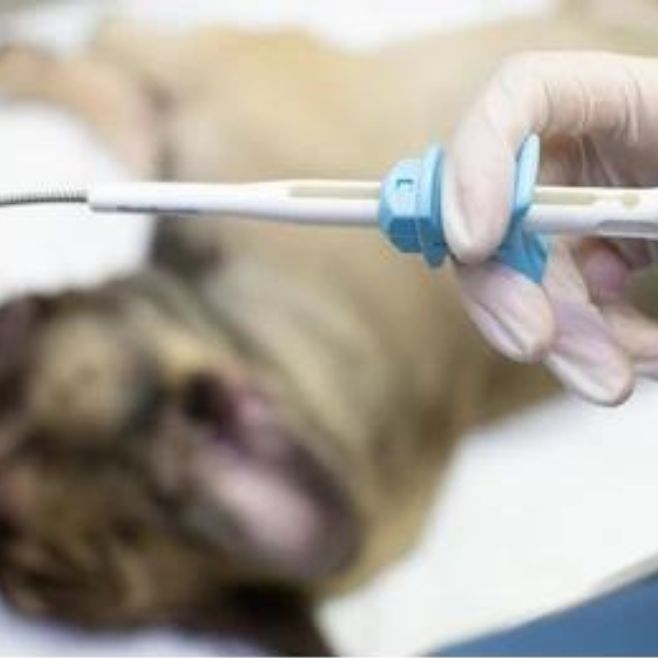What to Expect Before, During, and After Surgery
Before your pet’s orthopedic surgery, your veterinarian will perform a thorough physical exam and diagnostic tests, such as X-rays or MRI scans, to determine the extent of your pet’s condition and if surgery is the best treatment option. Your veterinarian will also discuss the procedure with you, including the risks, benefits, and expected outcomes.
Your veterinarian may also give you instructions on how to prepare your pet for surgery, such as:
- Fasting your pet for a certain period of time before surgery to prevent complications during anesthesia
- Providing your pet with any medications or supplements that have been prescribed
- Restricting your pet’s activity levels leading up to the surgery
- Making sure your pet is clean and free of any dirt or debris that could cause an infection
During Surgery:
During your pet’s orthopedic surgery, your veterinarian will administer anesthesia to keep your pet comfortable and pain-free. The specific type of anesthesia used will depend on your pet’s condition and overall health.
Once your pet is under anesthesia, your veterinarian will begin the surgical procedure. Depending on the type of surgery, this may involve making incisions, removing damaged tissue or bone, and repairing or replacing affected structures.
After Surgery:
After your pet’s orthopedic surgery, your veterinarian will provide you with detailed instructions on how to care for your pet during the recovery process. This may include:
- Keeping your pet in a quiet, comfortable area to rest
- Administering any medications or supplements as prescribed
- Restricting your pet’s activity levels, such as no running, jumping, or playing
- Monitoring your pet’s incision site for signs of infection or complications
- Assisting your pet with mobility, such as helping them get up or supporting them during walks
Your veterinarian may also schedule follow-up appointments to monitor your pet’s progress and make any necessary adjustments to their treatment plan.
FAQs
Q: How long does it take for a pet to recover from orthopedic surgery?
A: The recovery time will depend on the type of surgery and the severity of your pet’s condition. Some pets may take several weeks or even months to fully recover, while others may have a shorter recovery time.
Q: Will my pet be in pain after surgery?
A: Your veterinarian will provide your pet with pain medication to manage any discomfort they may experience after surgery. It is important to follow the medication schedule and dosage instructions provided by your veterinarian to ensure your pet stays comfortable and pain-free.
Q: Can my pet return to their normal activities after surgery?
A: Your veterinarian will provide you with instructions on when your pet can resume their normal activities. It is important to follow these instructions to prevent complications and ensure a successful recovery.
Conclusion
Orthopedic surgery for pets can help alleviate pain, discomfort, and mobility issues caused by a wide range of orthopedic conditions. If you suspect that your pet may need orthopedic surgery, it is important to consult with a veterinarian who specializes in orthopedic surgery to determine the best treatment plan for your furry friend. With the proper care and attention, your pet can enjoy a comfortable and active life after orthopedic surgery.


